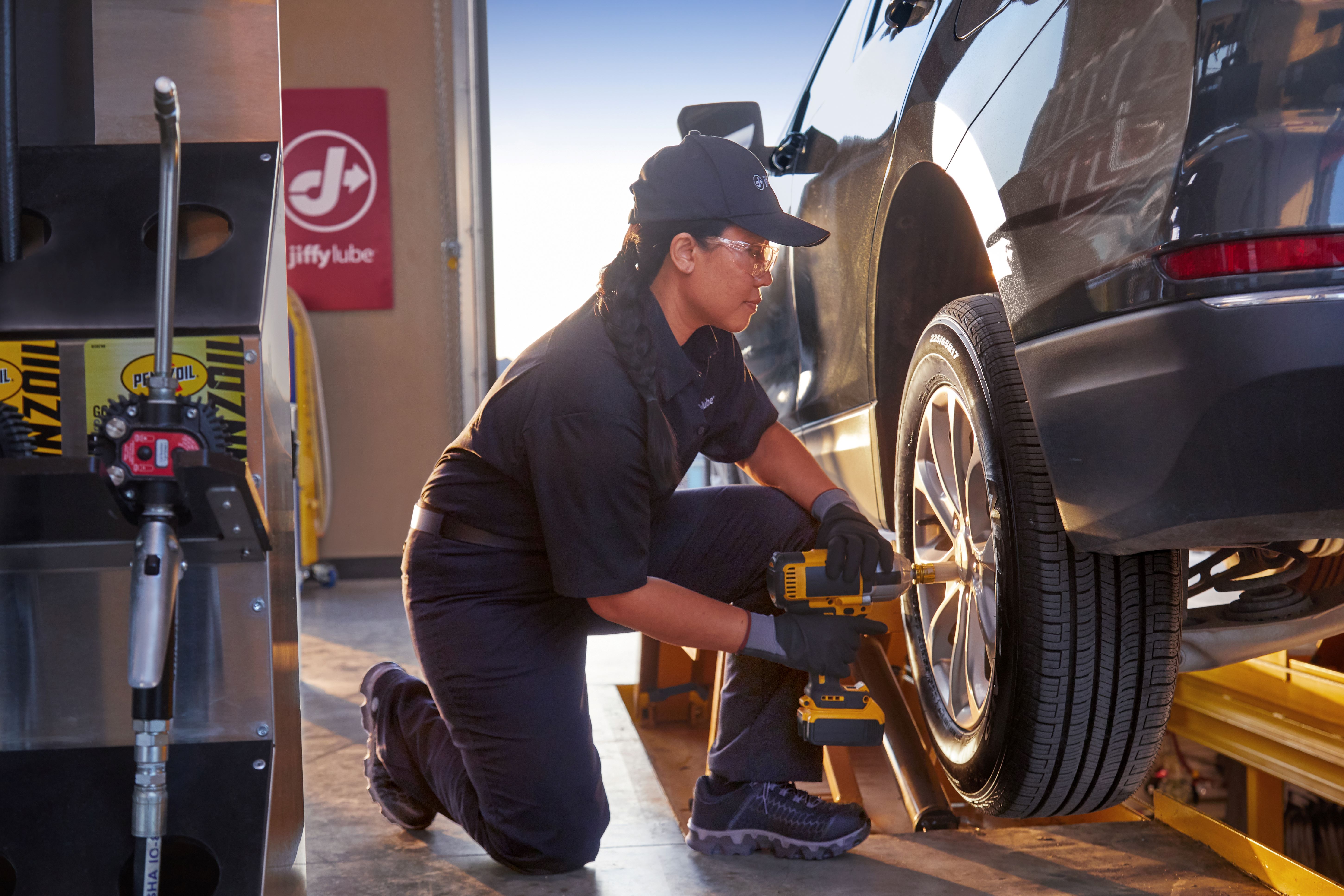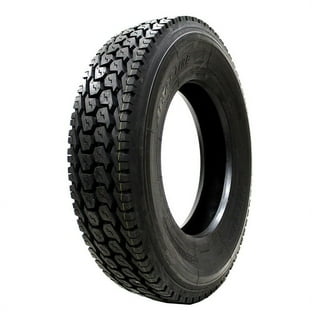Tire Service: Understanding Tire Pressure Surveillance Equipments
Understanding Tire Stress Monitoring Equipments (TPMS) is an essential element of maintaining optimal car efficiency and safety on the road. With improvements in auto innovation, TPMS has ended up being a basic feature in modern lorries, offering real-time information on tire pressure levels.

Value of TPMS
The significance of Tire Stress Surveillance Equipments (TPMS) exists in their capability to boost car safety and security and efficiency with real-time monitoring of tire stress degrees. Keeping the proper tire pressure is critical for guaranteeing optimal handling, stopping, and total safety and security of a vehicle. TPMS provides chauffeurs with prompt responses on any kind of underinflated or overinflated tires, permitting timely modifications to be made.
Elements of TPMS
Consisting of numerous essential aspects, a Tire Stress Monitoring System (TPMS) operates as an advanced safety attribute in modern cars. The primary components of a TPMS include sensors, a control component, and a caution indicator. Sensors are typically located in the tire valve stem or connected to the wheel setting up, where they determine tire stress and transfer data to the control component. If it spots significantly reduced pressure in any of the tires, the control module processes this information and triggers a caution. The warning indication, often a symbol on the dashboard, informs the driver to check the afflicted tire or tires. Some advanced TPMS models additionally display the real tire pressure analyses for every tire, offering drivers with real-time details to guarantee optimal tire efficiency and safety and security. By monitoring tire stress continuously, TPMS helps protect against mishaps, decreases tire wear, and improves fuel effectiveness, making it a vital component for car safety and security and performance.
Sorts Of TPMS

On the various other hand, indirect TPMS relies on the vehicle's wheel speed sensing units to keep track of tire pressure. This system discovers underinflation by comparing the rotational speeds of the wheels. Indirect TPMS is much less expensive than direct TPMS, as it utilizes existing sensors within the vehicle.
While straight TPMS offers more exact analyses, indirect TPMS is easier in layout and generally calls for less upkeep. Both systems have their restrictions and advantages, and the choice in between them usually depends on aspects such as price, car make, and personal choice. Recognizing the distinctions between these two kinds of TPMS can assist vehicle owners make informed decisions concerning tire maintenance and safety and security.
TPMS Maintenance Tips
Reliable maintenance of TPMS is crucial for ensuring optimal performance and security of your car. Routinely evaluating the TPMS sensing units for any type of damage or deterioration is important. Ensure that the sensing units are tidy and cost-free from debris that can hinder their functioning. Additionally, it is a good idea to examine the sensor batteries periodically and change them as required to guarantee exact analyses. Conduct routine examine the tire pressure levels and compare them with the TPMS analyses to guarantee they are constant. If there are any type of inconsistencies, rectify the system following the producer's standards. Throughout tire rotation or substitute, make certain that the TPMS elements are managed meticulously to prevent any type of possible damages. If the TPMS advising light illuminates on the control panel, attend to the concern promptly by checking the tire pressures and the general system for any mistakes. By adhering to these upkeep tips, you can lengthen the life-span of your TPMS and improve the safety of your driving experience.
Advantages of Correct Tire Pressure
Maintaining proper tire stress, as this content stressed in TPMS Maintenance Tips, is vital for reaping the numerous benefits linked with optimum tire stress degrees. Among the key benefits of keeping the proper tire stress is enhanced gas efficiency. When tires are properly inflated, there is less rolling resistance, resulting in far better gas economic climate. Furthermore, proper tire stress guarantees also tire wear, prolonging the lifespan of the tires and advertising safer driving conditions. With the best tire pressure, cars likewise have far better handling and grip, particularly in damaging weather. This can enhance overall driving performance and safety and security for the driver and travelers. Maintaining ideal tire pressure can add to a smoother and more comfortable adventure by decreasing vibrations and sound caused by underinflated tires. To conclude, the benefits of correct tire stress exceed simply tire longevity; they incorporate enhanced fuel performance, enhanced safety and security, far better automobile performance, and general driving comfort.
Verdict
Finally, comprehending tire stress tracking systems (TPMS) is critical for maintaining optimum tire stress and making certain automobile safety. By acknowledging the value of important link TPMS, knowing with its elements, understanding the various kinds readily available, sticking to correct upkeep tips, and recognizing the advantages of maintaining appropriate tire pressure, drivers can boost their driving experience and lengthen the life expectancy of their tires. Correct tire stress is essential to reliable and safe car operation.
